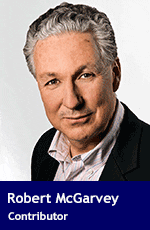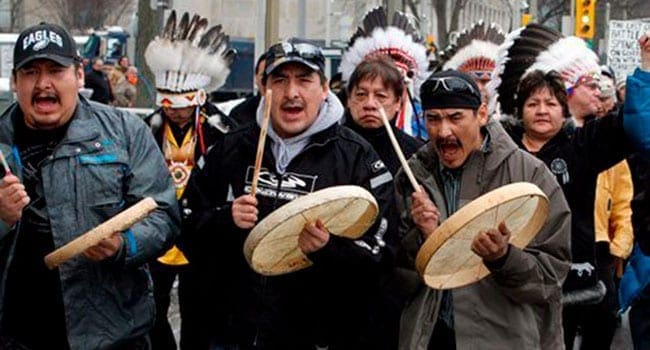 Canada’s 150th birthday celebration was filled with contradictory emotions. How we progress as a nation depends on how we address those contradictions.
Canada’s 150th birthday celebration was filled with contradictory emotions. How we progress as a nation depends on how we address those contradictions.
There was a quiet, very Canadian pride felt by most of us at the achievements of this young and vigorous democracy.
On this auspicious day, we were celebrating a country that has taken great steps from its colonial past toward a modern democracy, breaking down barriers of language, race and gender to create a uniquely harmonious multi-ethnic society.
But angry indigenous protesters also damned Canada and all it stands for. The 150 celebrations were, in their minds, simply a milestone in the ongoing brutal colonization and genocide of First Nations populations. For those angry protesters, the centuries-old European colonization of the Americas has been a disaster.
Canada’s residential school experiment, overseen by the Roman Catholic and Anglican churches, attempted to use a boarding school-like program to westernize native students. It failed badly, leaving scars that Canadians are told will never heal.
Prime Minister Justin Trudeau visited the protesters’ teepee, erected on Parliament Hill in Ottawa. Emerging from his 45-minute meeting, Trudeau said, “It is important that even as Canadians celebrate Canada 150, we reflect upon the experiences and the importance of folding in and hearing the stories and experiences of indigenous Canadians.”
But what impact will these stories have on this clash of civilizations? What do the next 150 years hold for Canada?
Indigenous peoples hold their fate in their own hands. They can choose to be angry and confrontational, but they might also look – as many indigenous youth are – at the unprecedented opportunity Canada represents to them.
Canada may be a young country but as a western nation, it has accumulated some interesting cultural assets that it now seems willing to share with its indigenous brothers and sisters – if they’re willing to accept them.
Canadian civilization carries lofty political ideals inherited from Classical Greece that are the foundation of our open political democracy and parliamentary institutions. So too is the notion of equality for citizens, adapted over the centuries to underpin the modern multi-ethnic state.
From ancient Romans, we learned the value of civil law, creating private rights and human rights. In the absence of open, codified and public laws in the civil tradition, human rights are tenuous and subject to abuse by the powerful.
Canadians also inherited that most mystical institution: capital. Capital was introduced into medieval Europe by the Knights Templar, who acquired it from Islam at the time of the Crusades. The rise of the West over the past millennium can be attributed to the pan-European development and maturation of capital, banking and commerce as institutions.
Capitalism begins with an initial act of social co-operation, to recognize and legitimize an individual’s ownership of something of value.
Capital allows society to capture human energy and other forms of value in institutions of property. Then we can identify and unleash its latent value, projecting it forward, mobilizing others to productive ends. Capital has electrified western civilization over many centuries.
Native culture has many fine institutions and a noble past. But the future for an emerging generation of indigenous youth depends on their willingness to engage in a form of cultural appropriation. They must leverage capital institutions to create a new and better future for themselves and their communities.
Looking back on the sins of the past may serve the interests of some, but it is not progress.
A new generation of Canadians is ready, willing and able to share their rich cultural heritage with Canada’s original people to build a new and better future for our growing Confederation.
Robert McGarvey is an economic historian and former managing director of Merlin Consulting, a London, U.K.-based consulting firm. Robert’s most recent book is Futuromics: A Guide to Thriving in Capitalism’s Third Wave.
Robert is a Troy Media Thought Leader. Why aren’t you?
The views, opinions and positions expressed by columnists and contributors are the author’s alone. They do not inherently or expressly reflect the views, opinions and/or positions of our publication.

